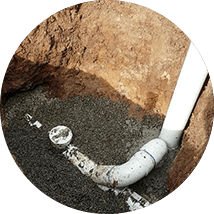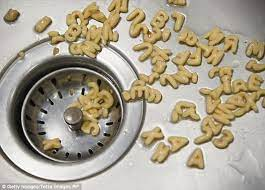
Plumbing troubles can be a major headache, but dealing with blocked drains is something that many people are unsure how to handle. If the problem persists, it can lead to all sorts of serious issues such as water contamination and flooding. But click here , you don’t have to be a professional plumber to get to grips with blocked drains; you just need to know what to look out for and how to act.
How to Recognize a Blocked Drain
The tell-tale signs of a blocked drain include visible pooling of water around the affected area, in which case only an inch or two deep. Additionally, you may hear gurgling noises coming from your sink or toilet when the water is draining away – this is caused by air being forced through a blockage in the pipes.
One other sign that there is a problem is if your drains start to smell. This is usually due to a build-up of bacteria and other organic matter getting caught in the blockages, so if you notice any strange odors coming from the drains then this could indicate that there is an issue.
The Causes of Blocked Drains
It’s important to understand what is causing the blockage. A common cause of these problems is the build-up of items like hair, food particles, dirt, and even tree roots in the pipes. These items can easily accumulate over time and form a clog, which can then restrict the flow of water.
Often, the cause of the blockage can be difficult to identify. You may think that it’s simply a bit of dirt or debris that has built up over time, but it’s possible that something more serious is happening, such as tree roots making their way into the pipes. It’s always best to seek professional advice in order to diagnose and fix the issue.

DIY Solutions for Blocked Drains
If you think that the blockage is mild enough, then you may be able to tackle it yourself without having to call out a plumber. The first thing to try is using a plunger, which is designed to push air into the pipe and dislodge the material that is causing the blockage. However, it’s worth noting that plungers are not suitable for all types of blockages and they should only be used with caution.
Of course, another option is to use a chemical cleaner. These cleaners contain powerful agents that break down the material that is blocking the pipe. However, this solution should only be used as a last resort and if you think that the blockage is too severe then it is probably best to leave it to the professionals.
When to Call for Professional Help?
If the DIY options don’t seem to work, then it’s time to call in a professional. Plumbers have the necessary tools and expertise to identify the cause of the blockage and then take the appropriate steps to unclog the pipes. This could involve using specialist equipment such as a snake tool or a high-pressure jet washer to clear the blockage.
In some cases, the blockage may be more serious and may require the removal of the entire pipe. In this case, the plumber will be able to assess the situation and determine the best course of action. They will also be able to advise on any necessary repairs or replacements that are needed to prevent future blockages.
Clearing a blocked drain isn’t an easy job and it can be complicated if the cause is unknown. But by familiarizing yourself with the signs and symptoms, as well as trying some of the DIY solutions, you may be able to avoid a costly and lengthy repair process.
